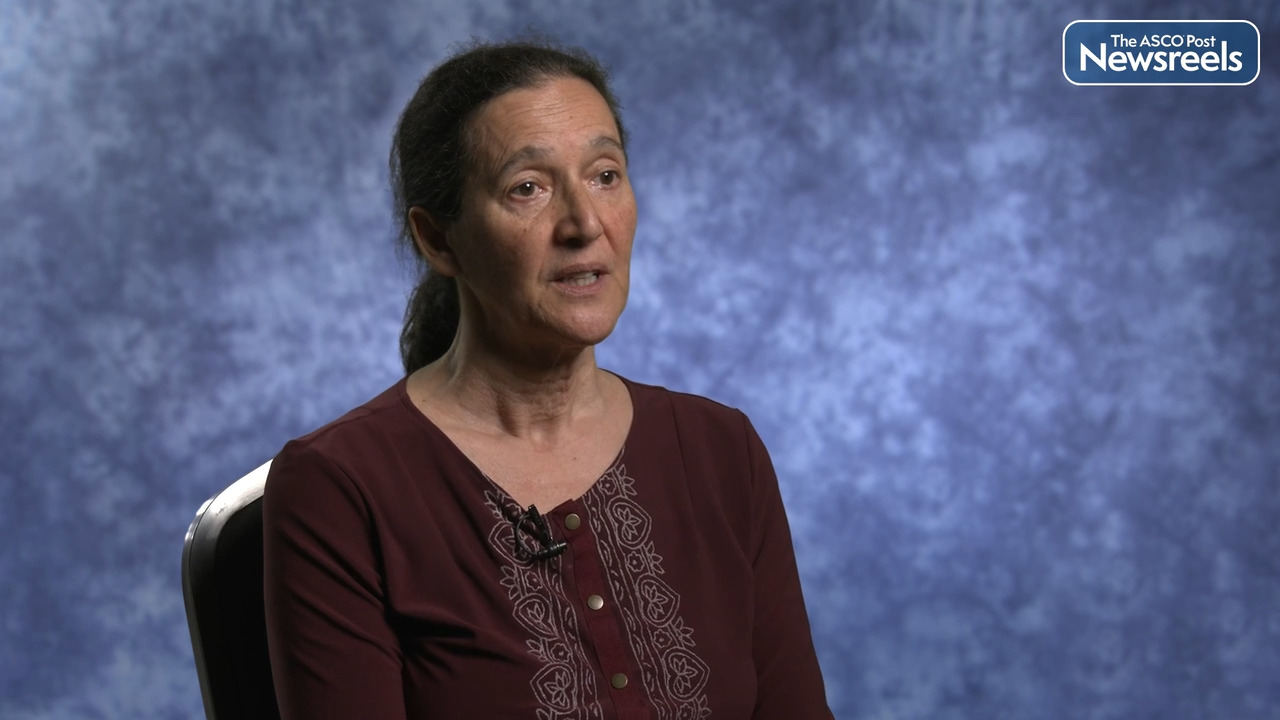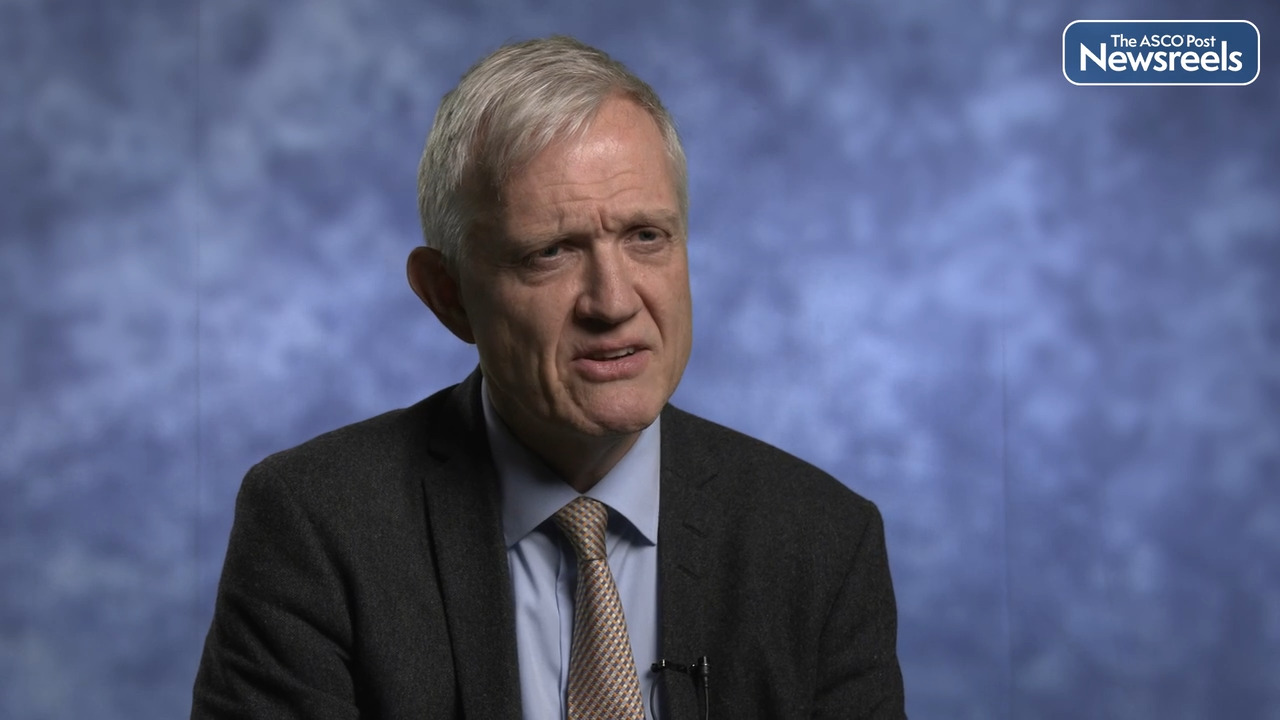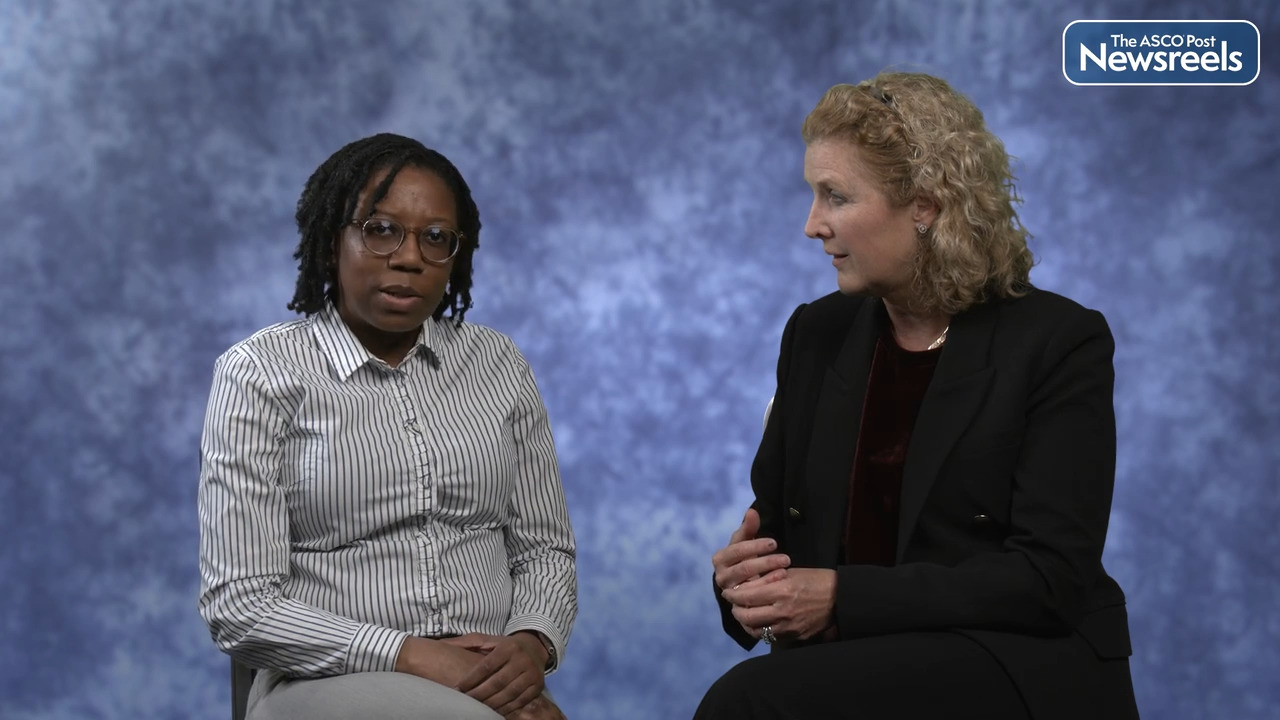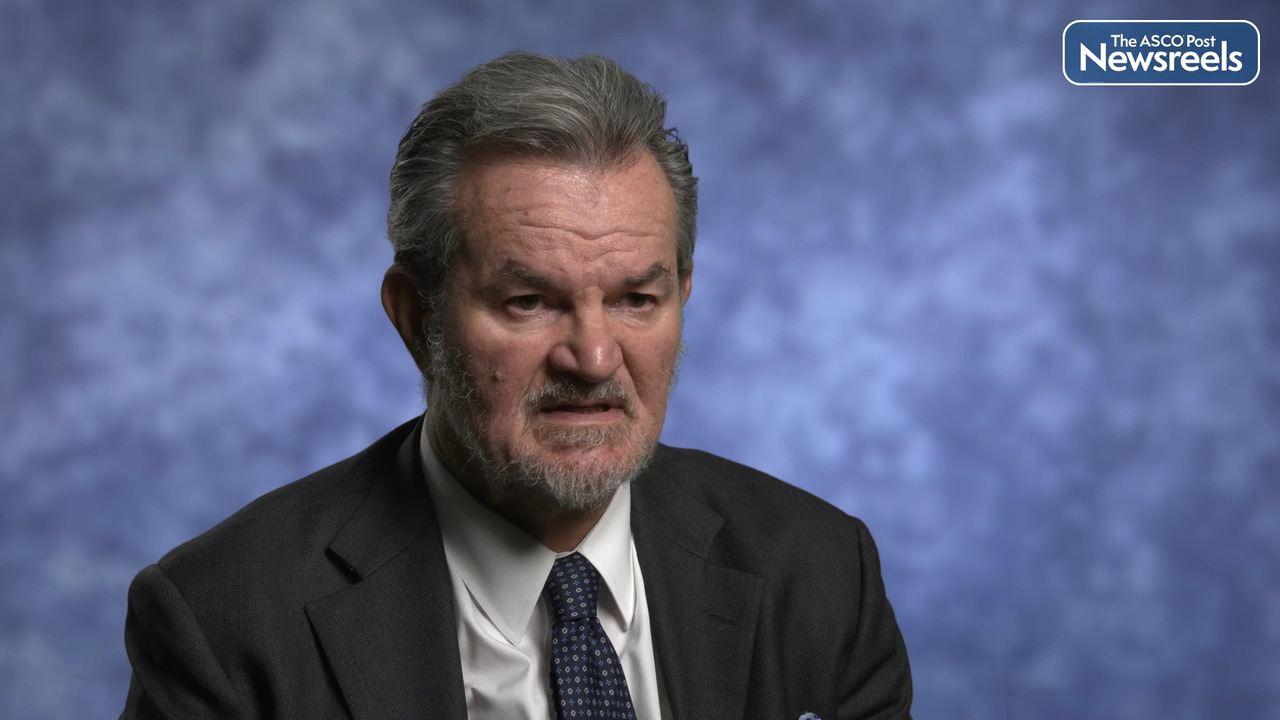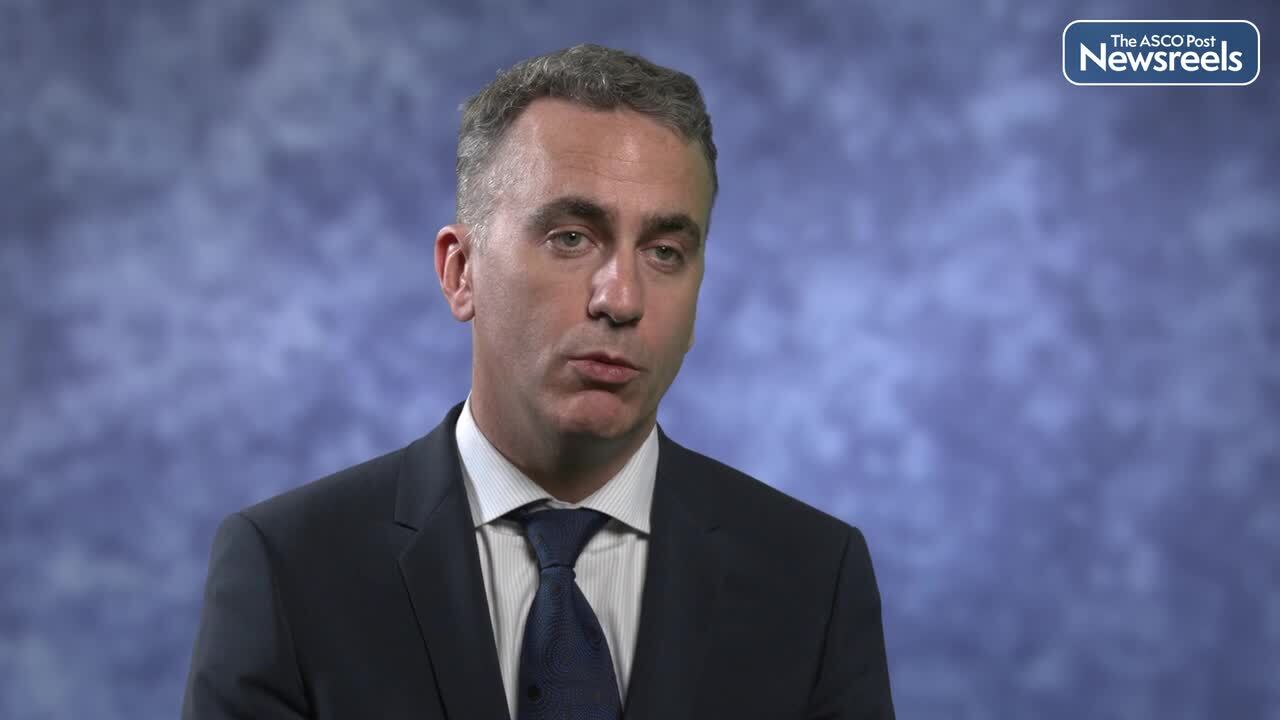Transcript
Disclaimer: This video transcript has not been proofread or edited and may contain errors.
Racial disparities in breast cancer outcomes continue to be a major healthcare challenge. US Black women have similar incidents, yet 40% higher breast cancer mortality, compared to white women. Therefore, more studies are needed to improve outcomes for minority women with breast cancer. Our study, in particular, focused on determining whether there were racial disparities in the RxPONDER trial. The RxPONDER trial is what established the clinical utility of the 21 gene recurrence score in hormone positive lymph node positive breast cancer. Our study objectives included looking at clinical pathological characteristics by race, analyzing clinical outcomes by race, and determining whether race had any effect on treatment benefit. This study included about 4,048 women with hormone positive lymph node positive breast cancer and known race and ethnicity. When looking at clinical characteristics, we did not find any significant differences in number of positive lymph nodes or tumor size across all racial cohorts.
Additionally, the recurrence score distribution also was pretty similar across all racial cohorts. However, the histologic grade was significantly different where non-Hispanic Black patients were noted to have fewer low grade tumors and more high grade tumors, compared to non-Hispanic whites. In regards to outcomes, non-Hispanic Black patients had inferior invasive disease-free survival and inferior distant relapse-free survival, compared to non-Hispanic whites. On the other hand, Asians had superior outcomes, compared to non-Hispanic whites and other racial cohorts. In a multi-variable model, when we adjusted for recurrence score, treatment arm, age, and grade, it did not alter the impact of race, and we continued to note worse outcomes for non-Hispanic Blacks, suggesting that race is independently prognostic. In terms of treatment effect, there was no significant interaction between race and treatment arm. However, there were a limited number of events in the non-Hispanic Black cohort.
Therefore, definitive conclusions on whether race has any effect on treatment benefits cannot be made at this time. Our studies, similar to prior studies, indicate racial disparities in breast cancer, particularly in the hormone positive group. Therefore, more studies are needed to improve outcomes for these patients. Next steps of our research will include looking at possible causes of these noted disparities, so we will be looking at a tumor biology differences by race, particularly gene groups, across all racial cohorts. We will also be looking at non-biological factors, including social determinants of health, because being on a clinical trial doesn't guarantee equal access to care. And treatment can still defer within a clinical trial.
